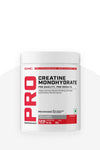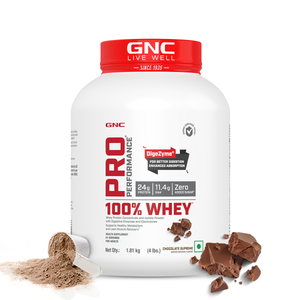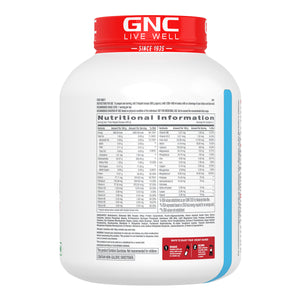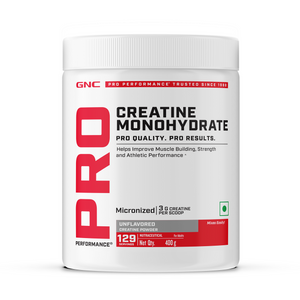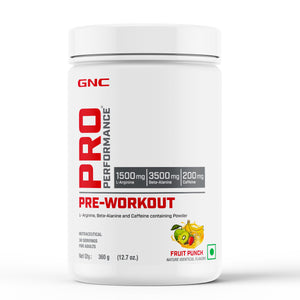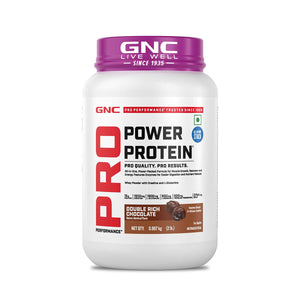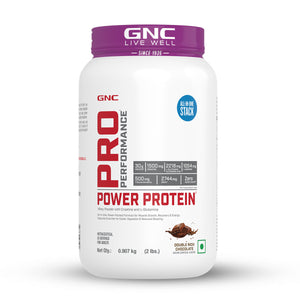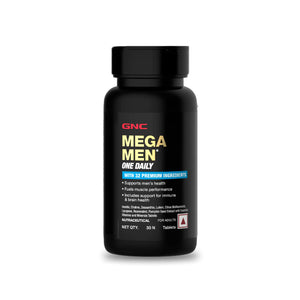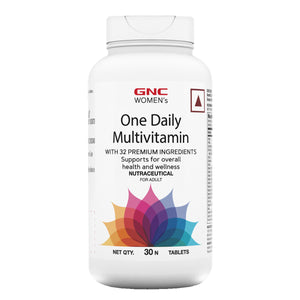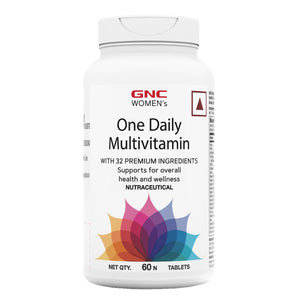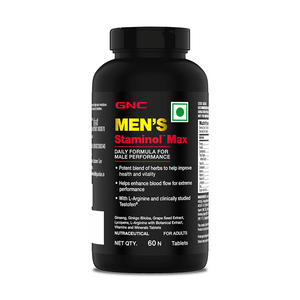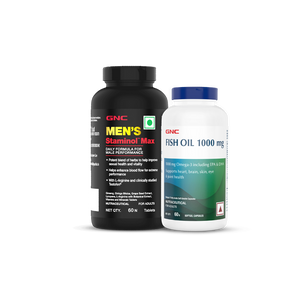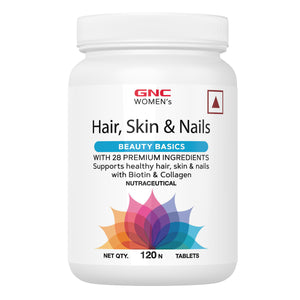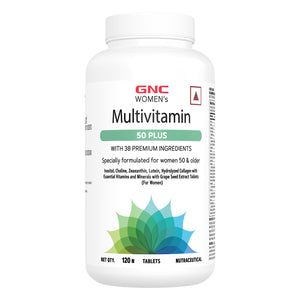
Vitamin A was the first of many vitamins to be identified; therefore it was named after the first letter of the alphabet. Interestingly, vitamin A is a group of similar-acting vitamin compounds in different forms.
Vitamin A is a fat-soluble vitamin, i.e. it can travel through fat and is stored inside body fat or organs, including the liver. It can also move through cells, unlike water-soluble vitamins.
Vitamin A can be found in several different forms such as preformed vitamin A, which is ready for your body to utilize for its benefits. Provitamin A is converted in your body to produce retinoids for your body to use. They help reduce free radical damage (or oxidative stress).
The benefits of Vitamin A:
Vitamin A performs many functions in your body. These include:
-
Prenatal organ development:
Vitamin A is essential for the development of the heart, lungs, eyes, ears, and limbs of the fetus. Therefore, deficiency of vitamin A in the mother can cause congenital disabilities in the child.

-
Enhancing immunity:
It improves the immunity by stimulating the immune cells to target and attack disease-causing microbes. Vitamin A is the first line of defense in the skin, airway lining, and digestive tract lining to keep microbes out. Deficiency, therefore, can make you or your children susceptible to infectious diseases such as measles.

-
Clear vision:
Vitamin A is vital for vision care and, when light falls on your eyes, it helps your brain interpret the signals as an image. Mild deficiency can lead to night blindness.

-
Skin health:
Vitamin A prevents and treats skin damage or photoaging – the appearance of wrinkles, rough skin, increased freckles, and hyperpigmentation – from exposure to the sun. It boosts the skin’s ability to produce collagen, which keeps it healthy. It also helps treat acne and facilitates the healing of wounds.

-
Antioxidant properties:
Vitamin A acts as an antioxidant to prevent harmful chemical reactions that damage your body’s cells. Thus, it lowers the risk of developing age-related macular degeneration, heart disease, and cataract.

-
Production of healthy red blood cells:
Vitamin A is necessary for the optimal production of healthy red blood cells in your body. It allows stem cells to develop into specialized red blood cells. Vitamin A also prompts iron in the liver to produce red blood cells. Thus, it can prevent or treat anemia.

-
Lowers cancer risk:
Vitamin A can reduce the risk of lung cancer. Besides, it may help men’s health by protecting men against prostate cancer.
Good sources of Vitamin A include pumpkin, carrots, squash, sweet potatoes, broccoli, spinach, dairy products, fish oils, etc. The recommended dietary allowance (RDA) for vitamin A is 700 RAE (retinol activity equivalent) for women, and 900 RAE for men. To ensure nourishment with the requisite RDA for vitamin A, you may want to consider supplements for high-quality intake. Supplements such as those available on GNC’s online store can help prevent or overcome any deficiencies and keep your vision, hair, skin, and immunity in peak condition.




